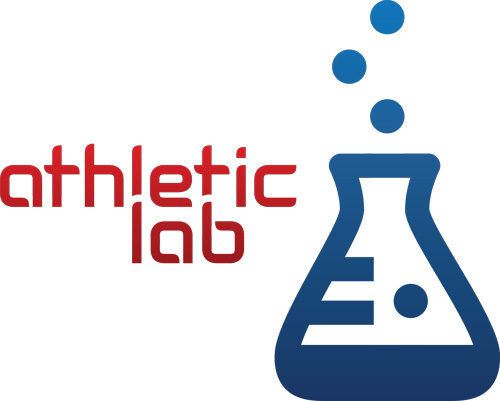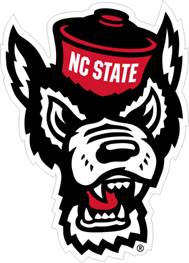July is officially here meaning hot, hot, and humid temperatures! Summer time brings longer days and more time to be out and active. But it also brings warmer temperatures, making hydration a key to avoiding heat illness and maintaining peak exercise performance.
During exercise, your body’s working muscles produce heat that raises our body temperatures. In order to regulate our body temperature and not store up excessive heat, we produce sweat. Our sweat then evaporates from the skin, transferring heat and cooling down our body. Our sweat is made up of water and electrolytes, and considerable loss of water and electrolytes leads to dehydration. In addition, increases in humidity make it more difficult for the sweat to evaporate from the body, causing greater increases in body heat and risk for developing heat illness.
Hydration should happen before, during, and after workouts, with water being the most essential nutrient you are taking in. If you are dehydrated before even starting a workout, you may not be able to drink enough water to catch up with your body’s requirements. Try drinking 16-20 ounces of water 4 hours prior to the workout. If you are going to be sweating excessive amounts or there is a high temperature, drinking 8-12 ounces around 15 minutes prior to the workout is an additional benefit. During your workout, the CDC recommends drinking 8 ounces (1 cup) of water every 15-20 minutes. Following a workout, most people require several hour to replace what they have lost through sweat so continuing to replenish fluids following a workout is key. If exercise last 60 minutes or more or instances of prolonged sweating, adding a sports drink to replenish excessive electrolytes lost is beneficial. With drinking water, over-hydrating or water-intoxication should be avoided so that the concentration of salt in the blood does not become too low. Water intake should not exceed 48 ounces per hour to avoid over-hydration.
When focusing on hydration, there are some drinks that should be avoided. Alcohol should be avoided within 24 hours of working out in the heat, and in general can cause dehydration. Energy drinks should also be avoided as they can raise your caffeine levels enough to affect your heart, adding increased strain to your body when working out in the heat. The CDC states that the amount of caffeine in a standard serving size of coffee, tea, and soft drinks is much less that of energy drinks, making them less of an impact on hydration. Make sure you are not skipping meals and are receiving the proper vitamins, minerals, and electrolytes to maintain proper hydration.
Some signs of mild dehydration includes but are not limited to headache, dry mouth, increased thirst, tiredness, fatigue, dry skin, muscle fatigue, constipation, and increased urine concentration (darker yellow). Signs of severe dehydration include mental fogginess, extreme thirst, irritability, confusion, and heat illness. Any sign of severe dehydration or heat illness should have the person immediately cooled down by going to a cool location or immersed in an ice bath, and medical personnel should be contacted.
Enjoy the summer, have fun, but make sure you’re doing it hydrated!
Centers for Disease Control and Prevention. National Institute for Occupational Safety and Health. DHHS (NIOSH) Publication No. 2017-126. “Heat stress – hydration.”
About the Author
Ashley Schaus graduated from the Ohio State University in 2010 with a Bachelor’s of Science degree in Health Sciences where she was also a member of varsity women’s soccer team. She became a Certified Strength & Conditioning Specialists (CSCS) through the National Strength & Conditioning Association (NSCA) in 2011 and Performance Enhancement Specialist (PES) by the National Academy of Sports Medicine (NASM) in 2012. Ashley then earned her Doctorate in Physical Therapy from the University of Southern California in 2013. She has also earned certifications in Functional Movement Screen and impact concussion testing and rehabilitation.
Prior to relocating to North Carolina and joining Raleigh Orthopaedic in 2017, Ashley specialized in sports and orthopaedic cases including treating numerous youth, amateur, collegiate and professional athletes. She has special interests in soccer, ACL prevention/rehabilitation, as well injuries related to everyday life and sports.









